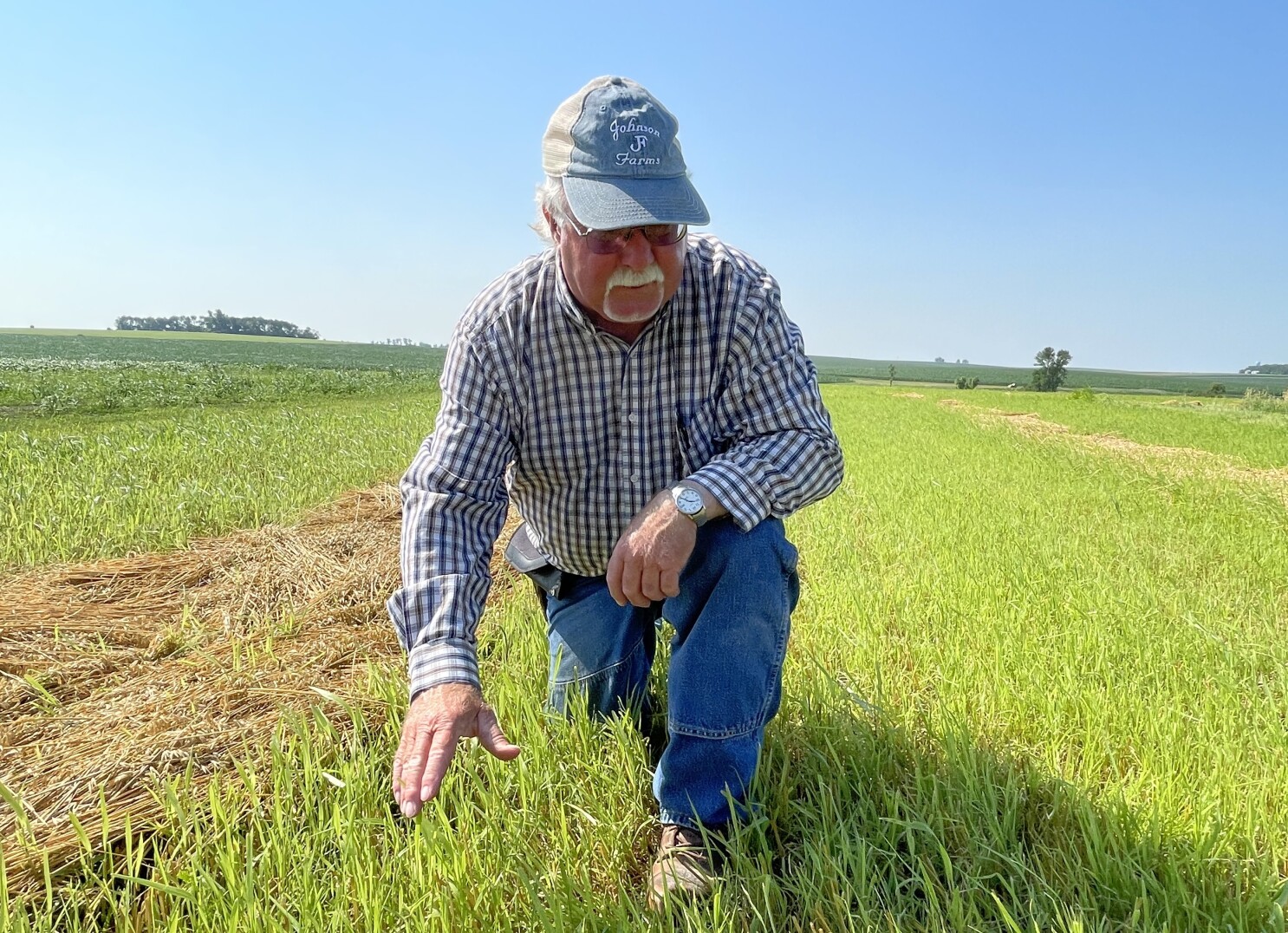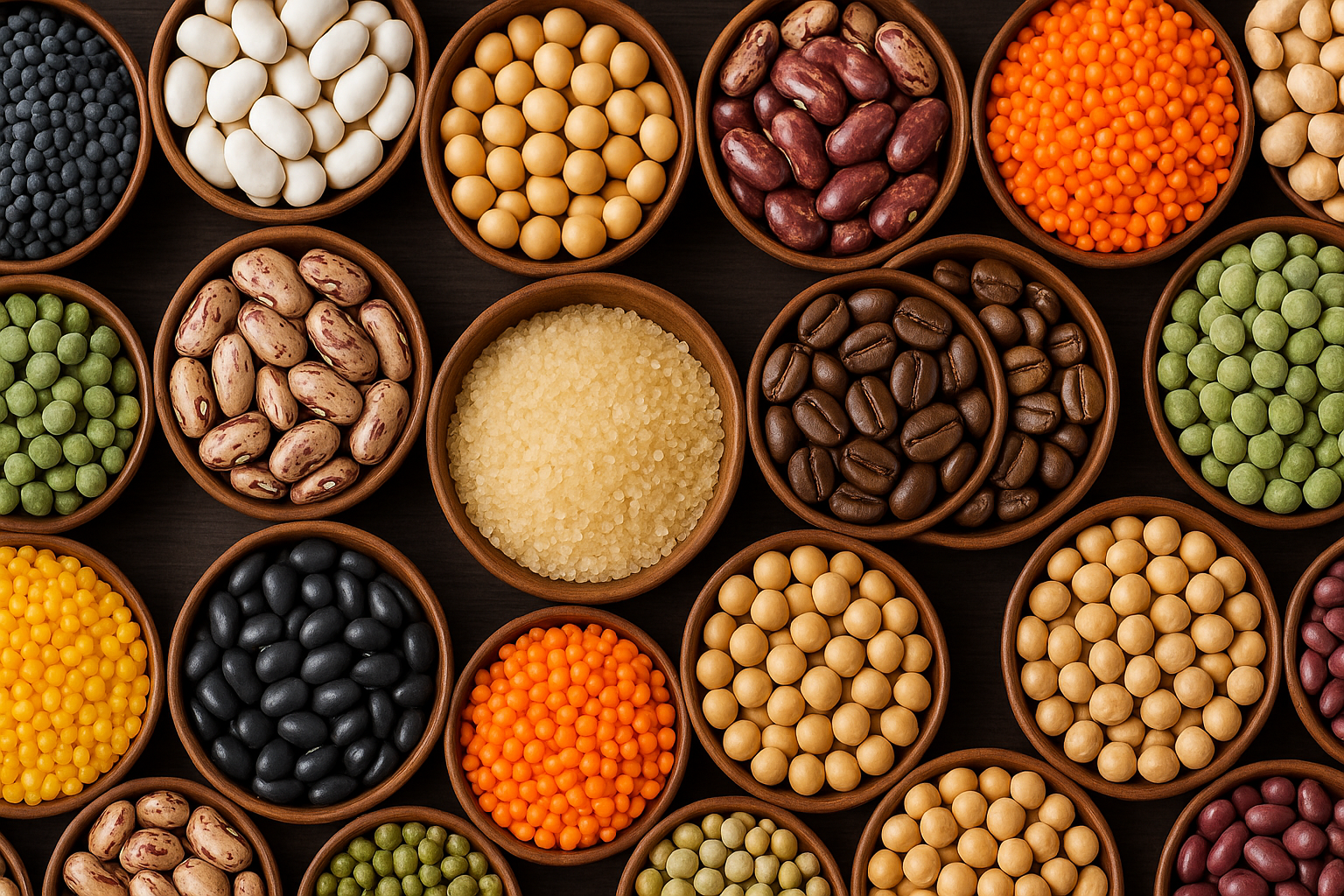
Contents
Importing green coffee beans may sound simple: find a supplier, place an order, and receive the sacks. But the global coffee trade is much more complex — and filled with opportunities for those who know how to navigate it.
If you’re an international buyer searching for premium specialty beans or large-volume commodity coffee, this guide will answer all your key questions: how to import green coffee from Brazil, Ethiopia, Vietnam, the USA, and Canada, what documents are needed, which certifications matter, shipping logistics, and the common pitfalls to avoid.
Let’s break down the green coffee world into simple, actionable steps — with the authority of someone who speaks coffee fluently.
Learn how to import green coffee from Brazil, Ethiopia, Vietnam, the USA, and Canada — with practical tips and trade insights.
Better quality control: Roast the beans yourself and customize the flavor profile locally.
Lower costs: Green beans are often cheaper than roasted coffee.
Longer shelf life with preserved aroma and freshness.
Exclusive blends and personalization for your brand or café.
Here’s the basic workflow for importing green coffee:
Find the right supplier or cooperative.
Request samples and negotiate pricing.
Verify certifications (Fair Trade, Organic, Rainforest, etc).
Sign a purchase agreement (including Incoterms and quality specs).
Handle payment (L/C, wire transfer, CAD).
Manage customs clearance in the destination country.
Brazil is the world’s largest coffee exporter, holding about 35% of the global market (ICO, 2023). It produces both Arabica and Robusta (Conilon) beans, with enormous variety in flavor profiles.
Minas Gerais (Araxá, Cerrado, Sul de Minas)
Espírito Santo
São Paulo (Mogiana)
Cooperatives: Cooxupé, Expocacer, Minasul
Download the Coffee Exporters Guide with a special selection of more than 30 certified Brazilian exporters with a long history of exports
Commercial invoice
Packing list
Phytosanitary certificate
Certificate of origin
Quality certificate (optional)
Bill of Lading (BL or AWB)
Most coffee leaves through the ports of Santos or Vitória
Common Incoterms: FOB or CIF
Pro tip: Always request green coffee samples before confirming any contract. Brazilian coffees vary widely in body, acidity, and aroma.
Ethiopia is the birthplace of Arabica coffee and a top origin for specialty beans. Ethiopian coffees are prized for their floral, fruity, and wine-like flavors.
Yirgacheffe
Sidamo
Harrar
METAD
Testi Coffee
Guji Coffee Export
Organic
Fair Trade
Rainforest Alliance
Most Ethiopian coffee ships via Djibouti port.
Watch out: Ethiopian logistics can be slower and bureaucratic. Partner with experienced local agents to avoid delays.
Vietnam is the world’s second-largest coffee exporter, with a focus on Robusta beans, which are widely used for espresso blends, instant coffee, and cost-effective bulk supply.
Competitive prices
Large volumes available
Modern export infrastructure
Ho Chi Minh City (Cat Lai Terminal)
Hai Phong
UTZ
Rainforest
ISO 22000
Note: Always check moisture content (max 12.5%) and request pre-shipment inspection.

The U.S. doesn’t produce large volumes of coffee, but it’s home to premium micro-origins like Kona (Hawaii) and Puerto Rican coffees, which command very high prices.
Kona Coffee: floral, silky, smooth
Puerto Rico: full-bodied, chocolatey, fruity
Efficient logistics for American and Caribbean buyers
Stringent quality and food safety standards
Strong origin branding
Cost tip: Kona coffee can cost between $25 to $50 per pound. It’s a niche luxury product.
Canada doesn’t grow coffee, but it is home to global trading firms and specialty roasters offering custom blends, private-label options, and ready-to-ship green coffee stock.
Pre-mixed green coffee blends
Small batch specialty imports from Africa or Latin America
White-label services for brands
Swiss Water (decaf)
Canterbury Coffee
Zavida Coffee Roasters
Best for: Small roasters and café chains seeking consistent quality and private-label flexibility.
Green coffee price (varies by origin, type, and certifications)
International shipping (freight)
Customs duties and import taxes
Customs brokerage or clearance fees
Insurance (optional but advised)
Buying from unknown or unverified suppliers
Skipping sample testing
Ignoring phytosanitary documentation
Misunderstanding Incoterms
Underestimating customs and lead time
Whether you’re a large-scale distributor or an independent roaster looking for unique beans, importing green coffee is a powerful way to gain quality control and competitive advantage.
Brazil, Ethiopia, Vietnam, the USA, and Canada each offer distinct sourcing opportunities. By understanding certifications, shipping routes, and supplier reliability, you’re setting up your coffee business for success — and great flavor.
Green coffee is the raw, unroasted bean. It retains its freshness longer and allows custom roasting for different flavor profiles.
Yes. Most countries require an import license or sanitary/food registration. Check your local regulations.
Typically between 20–45 days, depending on origin and customs processes.
Cooperatives may offer lower prices but require more experience. Trading companies provide convenience and reliability, especially for new importers.
Yes. Many exporters offer minimum orders from 20–60 kg, ideal for testing new origins or launching specialty lines.
FOB (Free On Board): Seller delivers goods at the origin port. Buyer handles everything after.
CIF (Cost, Insurance, Freight): Seller covers all costs up to destination port.
Bill of Lading (BL): Official shipping document.
SCA Score: Coffee quality grade from the Specialty Coffee Association.
Mello Commodity publishes educational articles that aim to guide importers of agricultural commodities on: Brazilian crops, market information, prices, scams, etc.
Some articles may contain affiliate links that provide access to several SUPPLIER GUIDES for Brazilian agricultural commodities. The commission paid to the Mello Commodity team is used to cover production costs and will not impact the cost of acquiring the material.
If you are interested in negotiating the direct import of sugar, soybeans or yellow corn, simply click on the Quotation menu and send us your order details.

Brazilian, graduated in Marketing, Specialist in Service Management and Strategic Communication.
Important International Negotiator in the commercialization of Brazilian agricultural commodities such as: Sugar, Soybeans and Corn.
Owner of Mello Commdity, she has gained great prominence on the internet in recent years by promoting educational articles for importers of Brazilian agricultural commodities.
 How to Verify the Reliability of a Commodity Supplier in Brazil
How to Verify the Reliability of a Commodity Supplier in Brazil How a $46 Million Fraud in the U.S. Revealed the Importance of Verified Suppliers
How a $46 Million Fraud in the U.S. Revealed the Importance of Verified Suppliers How to Import Agricultural Commodities from Brazil Safely and Profitably
How to Import Agricultural Commodities from Brazil Safely and Profitably